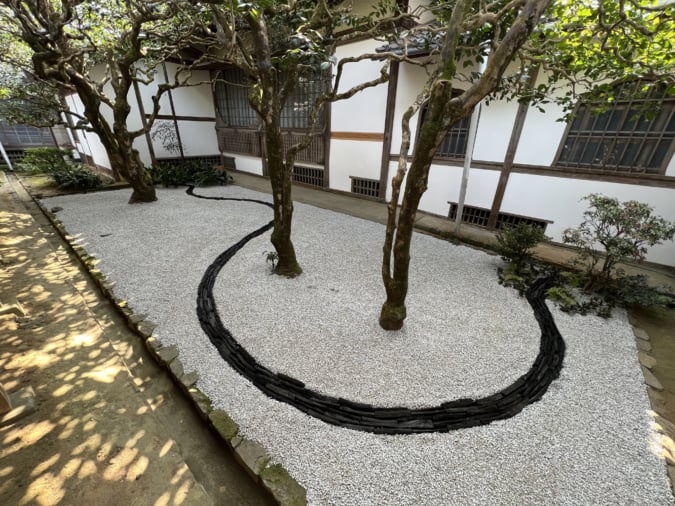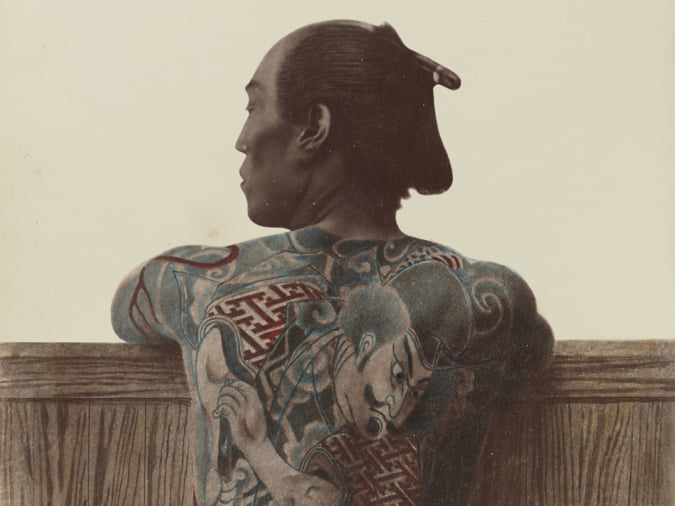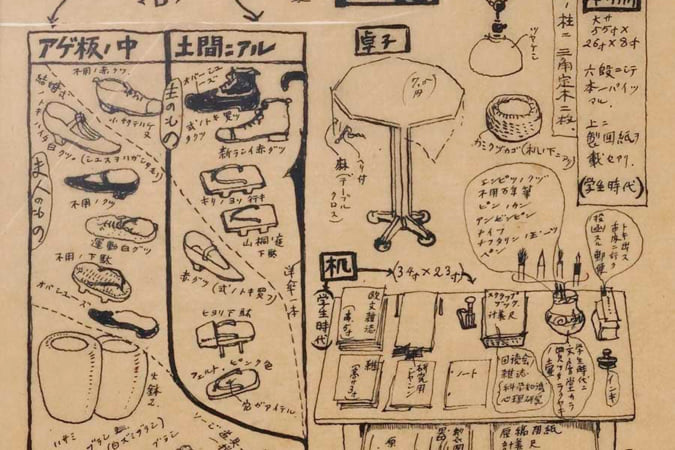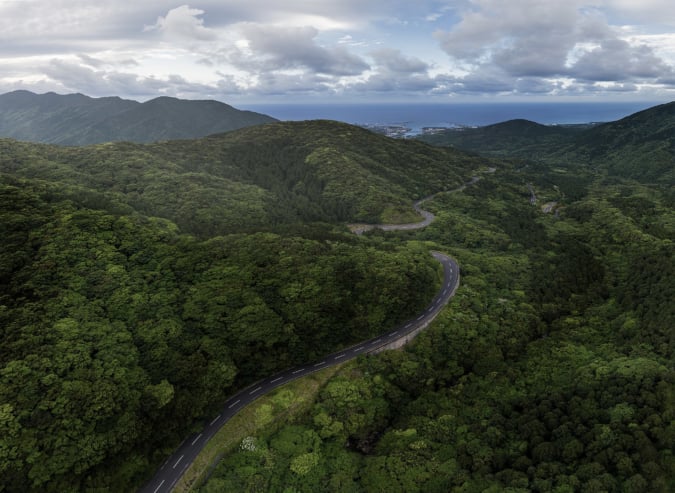‘In Deep Waters’, an Essay that Combines the Personal and the Political
In his book, Akira Mizubayashi sheds light on the ritual of Japanese baths before diving into the idiosyncrasies of Japanese society.
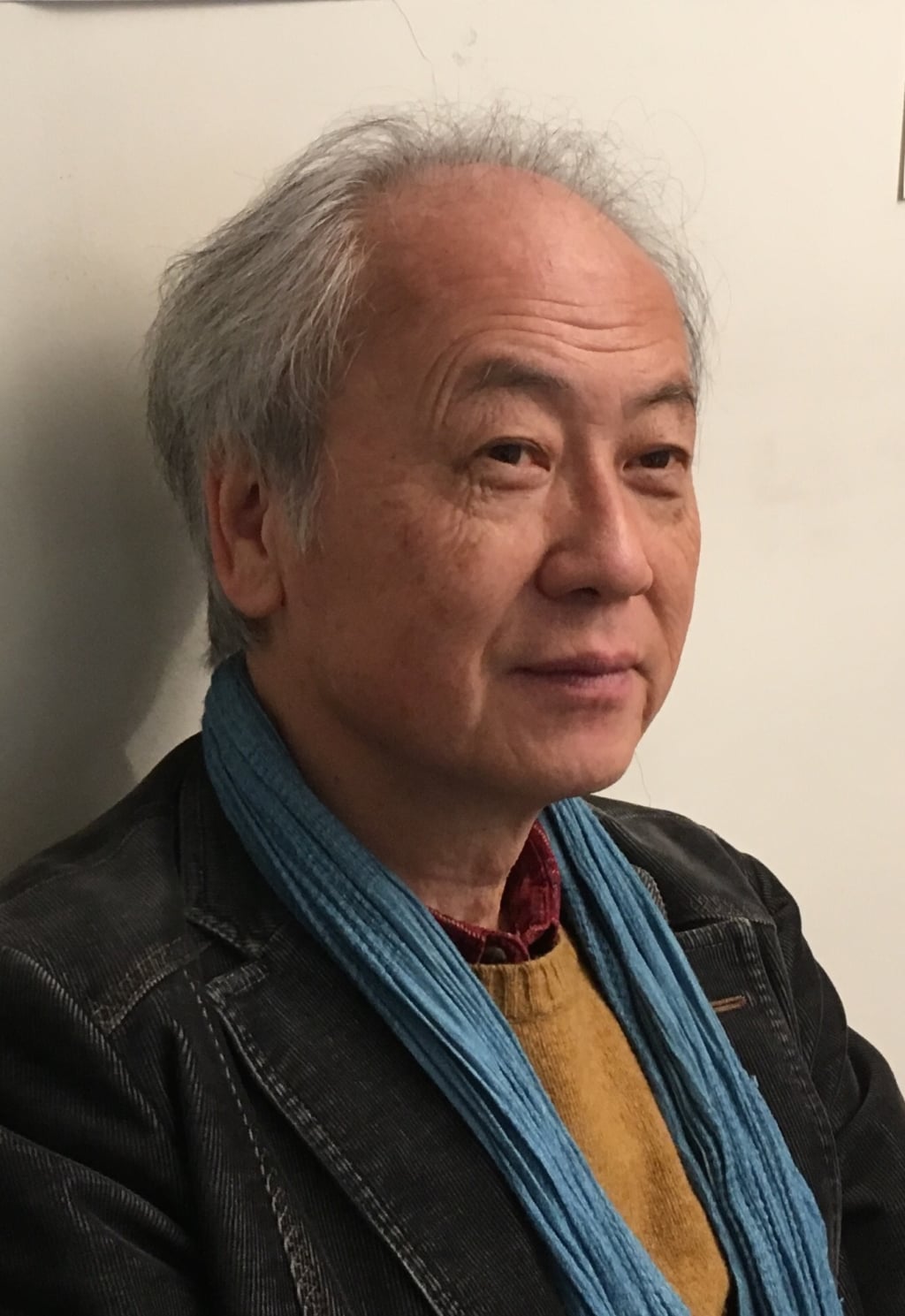
Dans les eaux profondes (‘In Deep Waters’) begins with a leap into the past. The reader is taken back to 1983, when Akira Mizubayashi, then aged 32 and a student at the École normale supérieure, wrote an article entitled ‘Dans le bain japonais’ (‘In the Japanese bath’) in the special Japan edition of the magazine Critique.
It is by resuming this article that the author, whose everyday life now oscillates between his job as a writer and that as a French teacher, begins his work. He provides a detailed description of the bath and its associated rituals, essentially recognised as an art in Japan. This is a hybrid space, neither completely public nor private, where people can relax as much in public baths, known as sento, as they can at home.
A key place for forging social connections
This is a moment of relaxation but also one to be shared, with family, friends, neighbours, or colleagues. Discussions flow; indeed, the author goes so far as to liken the function of Japanese sento to that of cafés in France. Memories rush forth and implicitly demonstrate the importance of these moments shared while half-submerged, which also mark out key milestones in the author’s life: his first bath with his daughter after her birth, and one taken with his father, who would pass away a week later.
Akira Mizubayashi reinforces his statements using various examples taken from Ozu’s cinema and the work of Clint Eastwood alike, and also calls on Rousseau and his social contract to emphasise the community function of baths.
However, after examining bathing and all the delights it offers, Akira Mizubayashi dives into deeper, more troubled waters, a metaphor for a Japanese society that, in the same way as it sacrifices its public baths that are now in danger of disappearing, forsakes its institutions. The author of this guide to baths thus transforms into a militant and takes a dig at the politics of the Japanese government, particularly since the Fukushima disaster on 11 March 2011. The personal and the political are separated by a very fine line.
Dans les eaux profondes (‘In Deep Waters’) (2018), an essay by Akira Mizubayashi, is published by Arléa (not currently available in English).
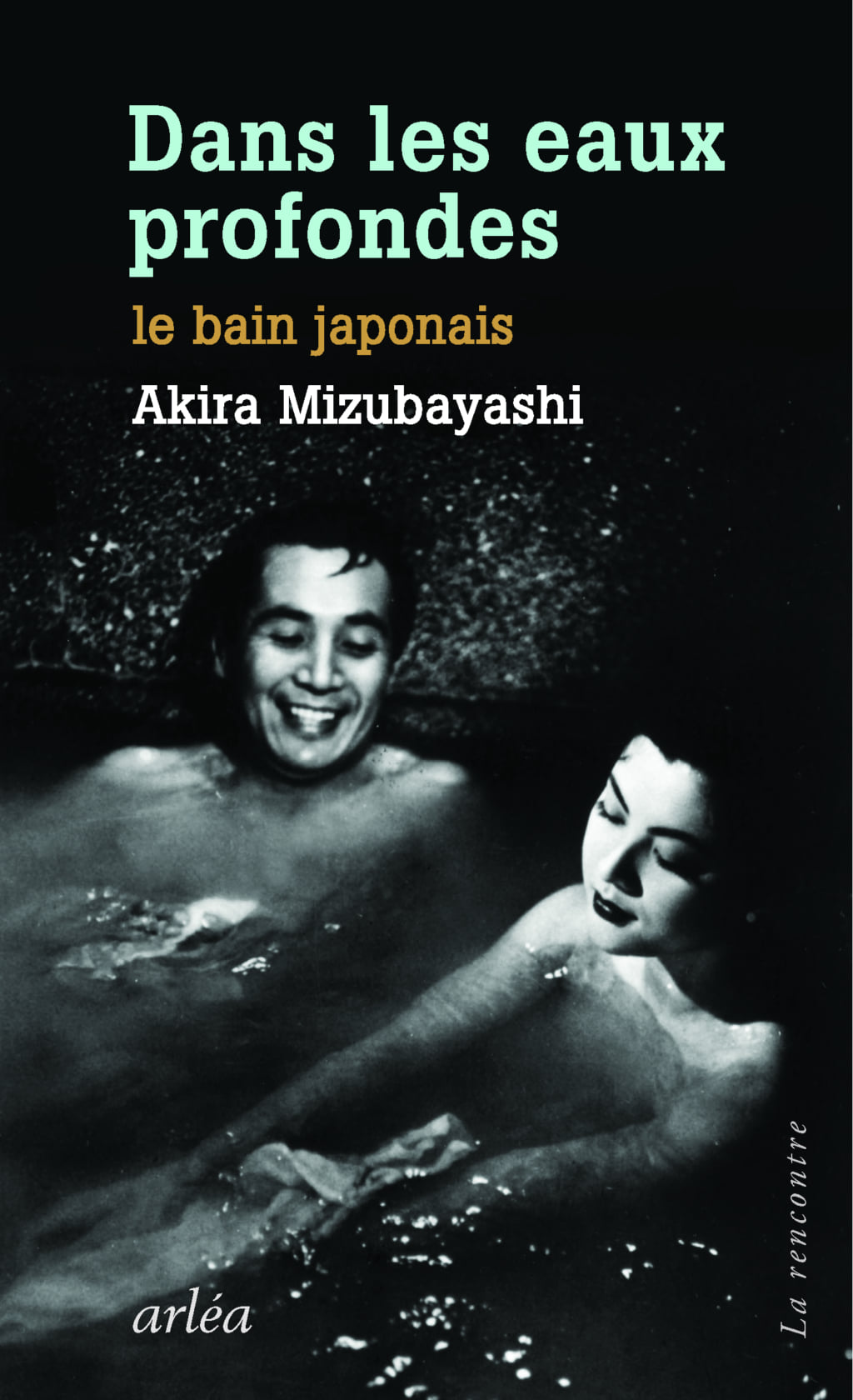
© Arlea
TRENDING
-
A Rare Japanese Garden Hidden Within Honen-in Temple in Kyoto
Visible only twice a year, ‘Empty River’, designed by landscape architect Marc Peter Keane, evokes the carbon cycle.

-
Colour Photos of Yakuza Tattoos from the Meiji Period
19th-century photographs have captured the usually hidden tattoos that covered the bodies of the members of Japanese organised crime gangs.

-
Modernology, Kon Wajiro's Science of Everyday Observation
Makeup, beard shape, organisation of cupboards and meeting places: all of these details decipher 1920s Tokyoites.

-
The Forest that Inspired 'Princess Mononoke' in Yakushima
This mountainous island is teeming with natural wonders, from beaches with star-shaped sand to a virgin forest that inspired Hayao Miyazaki.

-
The Nobu Empire, the Fruit of the Friendship between the Chef and Robert De Niro
The two men are partners in Nobu Hospitality, a luxury restaurant and hotel brand that has become a global success.

